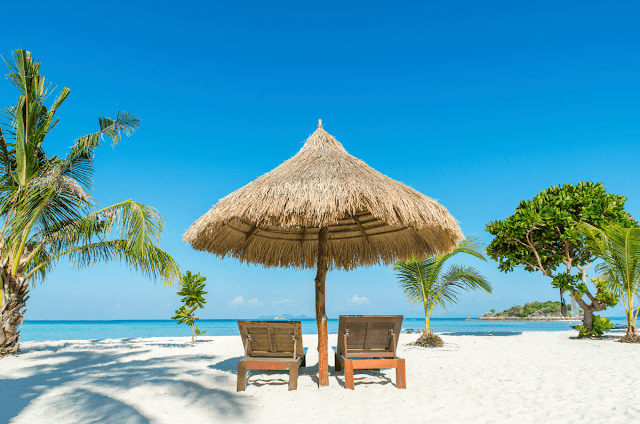Incited by the same group that organized the ban on new minarets in 2009, in a binding referendum in Switzerland on Sunday, a far-right proposal banned facial coverings in Switzerland and won by a narrow margin.
The interim official results show that the measures to amend the Swiss Constitution were passed in a range of 51.2-48.8%.
The proposal under the Swiss Direct Democracy does not directly mention Islam. Its purpose is also to prevent violent street protesters from wearing masks, but local politicians, media and activists call it a "buka ban." "In Switzerland, our tradition is to let you show up. This is a sign of our basic freedom." The chairman of the referendum committee and member of the Swiss People's Partyand parliament Walter Wobmann said before the vote. He called the face covering "a symbol of this extreme political Islam, which has become increasingly important in Europe but has no status in Switzerland."
The Swiss Muslim Central Committee announced that voting was a dark day for the community. It said: "Today's decision has opened up old wounds, further expanded the principle of legal inequality, and sent a clear signal of exclusion to the Muslim minority." It promised to challenge the laws implementing the ban and raise funds to help fined women.
The proposal predates the COVID-19 pandemic, which requires adults to wear masks in many settings to prevent the spread of infection. Two cantons have already banned the use of face masks locally.
France banned wearing face masks in public in 2011, and Denmark, Austria, the Netherlands and Bulgaria also banned wearing face masks in public in whole or in part.
The University of
Lucerne estimates that almost no one wears a burqa in Switzerland,
and only about 30 women wear a niqab. Among the population of 8.6
million people in Switzerland, Muslims account for 5%, most of whom
are from Turkey, Bosnia and Kosovo.
The government urged people to vote against the ban.











No comments:
Post a Comment
Note: only a member of this blog may post a comment.